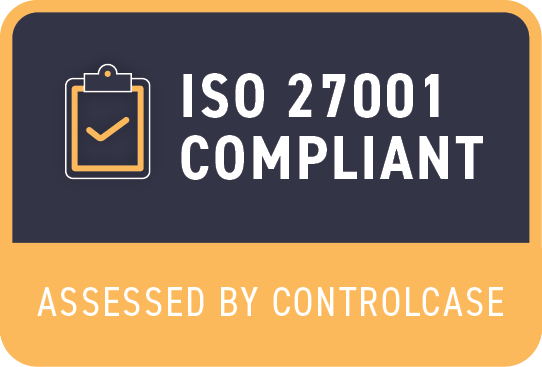The benefits of third-party audits couldn’t be clearer: by some estimates, contract audits recover significant overcharges, mostly by uncovering unintentional billing errors or compliance issues. And even if the audit determines your supplier is in compliance with their contractual obligations and no overcharges are recouped, executives can rest easier knowing that they’re getting the services that they’ve paid for and they are working transparent partners, and the processes/controls in place are effective.
Nevertheless, it can be hard to convince your own staff that audits are a net benefit. Team members who interact regularly with suppliers might not be excited to subject those partners to line-by-line number-crunching. Others might worry that an audit could disrupt their work.
In SC&H’s auditing work, we’ve heard these concerns and more. But the truth is that contract compliance audits are entirely positive—they can recover overbillings, build trust with your suppliers, mitigate risks, give you a competitive advantage, validate controls, and aren’t demanding of your staff’s time. Here are five of the most important messages about audits that you can convey to your staff about audits.
- Audits build trust. It’s natural to hear “audit” and think of the IRS nailing an individual for tax evasion or other misdeeds. But rather than an accusation that someone hasn’t held up their end of a bargain or employees haven’t adequately enforced a contract, these audits are simply a chance to confirm goodwill and transparency. It’s a chance for everyone in an arrangement to get on the same page and ensure that honest work continues.
- Audits add value in multiple ways. Cost-recovery isn’t the only benefit to consider. If an audit finds total compliance and there is no money to recover—that’s a success, and a sign of a healthy professional relationship. And in most instances, overcharges are made by mistake; a reputable company will embrace the chance to learn of and return any accounting errors if it means a greater chance of future business or a positive referral. In addition to recovering over charges, working with an experienced contract auditor can help ensure your contracts contain the optimal terms, suggest ways to streamline processes, evaluate the supplier’s controls and processes and mitigate the risk of non-compliance in the future.
- Audits don’t disrupt operations. Related to the concern about the cost-benefit of an audit, some employees worry that they will be required to give up valuable time to walk auditors through contracts and invoices. Likewise, project managers might be concerned that the contractor will be devoting time to this work instead of the daily requirements of a contract. But third-party auditors largely work with accounting and administrative staff. Other than maybe helping round up paperwork at the outset, your employees will have very little role to play as the auditors compare contracts to invoices and return with a record of any inconsistencies.
- Audits are a tool for growth. In any case, your staff is likely to feel that their best chance to add value to a business is to reduce costs and decrease inefficiencies. What’s the point in investing company resources just to study work that’s already been done? For one, an audit is also an insurance policy: learning from contract-writing or compliance oversights in the past will help you identify your team’s future targets and priorities for generating value. You might learn, for example, that your company needs to improve your contract writing or your compliance measures. For another, audits help identify which companies are worthy, honest partners. Long-term, relationships like these are cost-effective and carry less risk.
- Audits aren’t fundamental to business. Many of the above misconceptions can be traced to a baseline misunderstanding of audits’ purpose. Help your staff understand that audits aren’t contingency plans when things go awry; they’re an elemental business practice to ensure a tight ship. Done right, they create a culture of accountability and transparency in your supply chains, and they build trust rather than fear. Don’t think of them like the PR campaign after a major data breach—think of audits like the expertly maintained security practice that prevents the breach in the first place.
To learn more about supplier audits and their potential impact on your organization and its partners, contact us to speak directly with a team member from SC&H’s Contract Compliance Audit Services practice.






